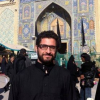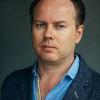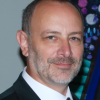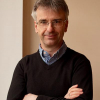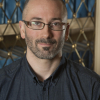Professor Sir Nigel Shadbolt is Principal of Jesus College, Oxford, and Professorial Research Fellow in the Department of Computer Science, University of Oxford. He is Chairman of the Open Data Institute which he co-founded with Sir Tim Berners-Lee. He is also a Visiting Professor in Electronics and Computer Science at the University of Southampton. He has made significant contributions to the fields of Psychology, Cognitive Science, Computational Neuroscience, Artificial Intelligence (AI), the Semantic Web and Web Science. The common thread running through this work is understanding how intelligent behaviour is embodied and emerges in humans, machines and on the Web.
About

Prof. Sir Tim Berners-Lee
Sir Tim Berners-Lee invented the World Wide Web in 1989. He directs the W3 Consortium, an open forum of companies and organisations with the mission to realise the full potential of the Web. He is a professor at the Computer Science and Artificial Intelligence Laboratory at MIT, and at the Department of Computer Science, University of Oxford.
Prof. David De Roure
David De Roure is Professor of e-Research at the University of Oxford. David contributes to multiple disciplines through work on computational musicology, experimental humanities, Internet of Things, and large-scale distributed systems and social computing. He is a Strategic Advisor to the Economic and Social Research Council on Social Media Data.

Prof. Dame Wendy Hall
Dame Wendy Hall, DBE, FRS, FREng is Regius Professor of Computer Science at the University of Southampton, and is the Executive Director of the Web Science Institute. With Sir Tim Berners-Lee and Sir Nigel Shadbolt she co-founded the Web Science Research Initiative in 2006 and is the Managing Director of the Web Science Trust, which has a global mission to support the development of research, education and thought leadership in Web Science. Read more
Prof. Luc Moreau
A member of the WAIS Group at Southampton, Luc Moreau is renowned for his work on large-scale open distributed systems. He initiated the field of provenance in distributed heterogeneous computer systems and co-chaired the W3C Working Group on provenance. He recently moved to King's College, London, where he is Professor of Computer Science and Head of the department of Informatics.

Prof. Peter Buneman
One of the UK's foremost computer scientists, Peter Buneman FRS MBE works primarily on database systems and programming languages. He pioneered research on managing semi-structured data, as well as on data provenance, annotations, and digital curation. His work has had widespread application, including in bioinformatics and computational biology.
Prof. Dave Robertson
Head of the College of Science & Engineering at the University of Edinburgh, Dave Robertson is internationally known for his research on formal methods for coordination in distributed, open systems using web and mobile infrastructures. He coordinated the EU OpenKnowledge project and was principal investigator on the EPSRC Advanced Knowledge Technologies research consortium.
Team
Students
Associates & collaborators
Alumni
Team
Project Administrators
Faculty
Postdocs
Associates & collaborators
Team
Associates & collaborators
Advisory Board
Chair
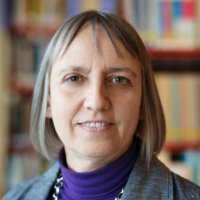
Board members

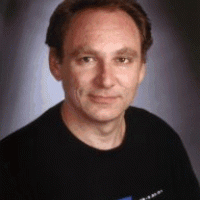
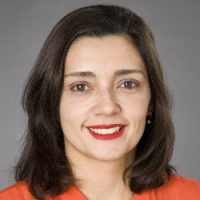
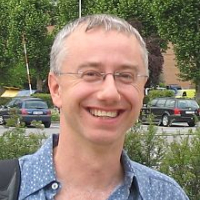

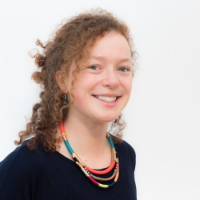
Partners













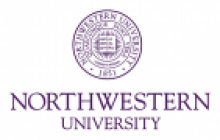




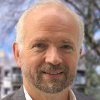


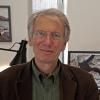

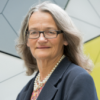
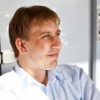







/index.jpg?itok=DWacOtJm)
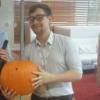
/index.jpg?itok=lXPBb4Do)



_0/index.jpg?itok=77T65uN7)
